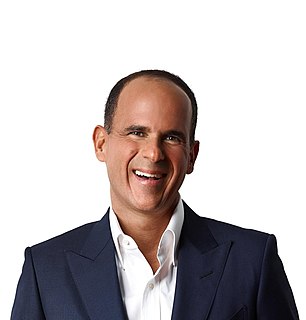A Quote by Eric Ries
Most phenomenal startup teams create businesses that ultimately fail. Why? They built something that nobody wanted.
Quote Topics
Related Quotes
The Lean Startup isn't just about how to create a more successful entrepreneurial business, it's about what we can learn from those businesses to improve virtually everything we do. I imagine Lean Startup principles applied to government programs, to healthcare, and to solving the world's great problems. It's ultimately an answer to the question: How can we learn more quickly what works, and discard what doesn't?
Most of the most successful films Blumhouse has made have been rejected by everyone else. No one wanted to make 'Get Out.' Nobody. Nobody wanted to make 'The Purge.' I think it was floating around for three years before it came to us. Nobody wanted to make 'The Gift,' when it was a script called 'Weirdo.'
Inasmuch as there is a useful purpose to what we do as VCs, I tend to think it's our duty not only to mentor entrepreneurs and executive teams, but also to learn from them and the others involved. We can then pass on lessons to aid the startup ecosystem and help businesses succeed and grow their impact.
Startup culture fosters laughter, debate, and a passionate, non-politically-correct focus on getting things done. And this startup of culture is something entrepreneurs struggle to maintain as the business grows. To ensure this environment continues, create a strong foundation and ensure everyone is on board.
































